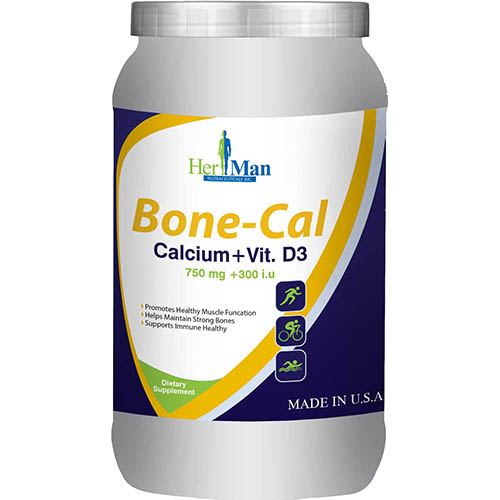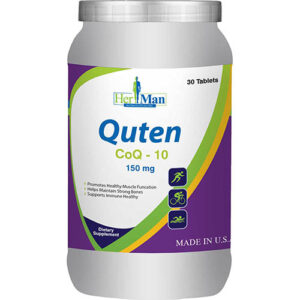BONECAL NUTIRITION
- Delivered today (order Mon-Fri before 12:00, delivery between 17:00 and 22:00)
- Including shipping costs, sent by blonwe.com
- Pick up at a blonwe.com collection point is possible
- 30 days to change your mind and free returns
- Day and night customer service
Description
Introduction to Calcium and Vitamin D3:
Calcium and Vitamin D3 are essential nutrients that play vital roles in maintaining bone health and overall well-being. Calcium is the primary mineral responsible for the development and maintenance of strong bones and teeth, while Vitamin D3 enhances calcium absorption and utilization in the body. Together, they form a powerful combination to support bone health and prevent conditions like osteoporosis.
Why Calcium and Vitamin D3 are Important:
- Bone Health:
- Calcium is a crucial mineral that provides structural support to bones and teeth. It is essential for bone density and strength. Adequate calcium intake is vital during all stages of life, particularly during childhood, adolescence, and older adulthood when bone mass is being built and maintained.
- Vitamin D3 plays a vital role in calcium absorption. Without enough vitamin D, the body can’t absorb calcium effectively, which can lead to weakened bones, fractures, and other complications.
- Preventing Osteoporosis:
- Osteoporosis, a condition characterized by fragile and brittle bones, is a significant health concern, especially among the elderly. A diet rich in calcium and Vitamin D3, combined with a healthy lifestyle, can help prevent this condition.
- Muscle Function:
- Calcium is also essential for muscle function, nerve transmission, and hormonal secretion.
- Vitamin D3 is important for muscle function and can help prevent falls in older adults.
Sources of Calcium:
- Dairy Products:
- Milk, cheese, and yogurt are excellent sources of calcium. Choose low-fat or fat-free dairy products to limit saturated fat intake.
- Green Vegetables:
- Dark, leafy greens such as kale, collard greens, and spinach are good sources of calcium.
- Fortified Foods:
- Some cereals, fruit juices, and plant-based milk alternatives are fortified with calcium.
Sources of Vitamin D3:
- Sunlight:
- The skin can synthesize Vitamin D3 when exposed to sunlight. Spending 10 to 30 minutes in the sun a few times a week can provide sufficient Vitamin D3.
- Fatty Fish:
- Fatty fish, such as salmon, mackerel, and tuna, are excellent sources of Vitamin D3.
- Fortified Foods:
- Some foods, such as certain dairy products, orange juice, soy milk, and cereals, are fortified with Vitamin D3.
Supplementation:
- Calcium Supplements:
- Calcium supplements are available in various forms, including calcium carbonate and calcium citrate. It’s important to choose a supplement that is well absorbed by the body.
- However, it’s best to get calcium from food sources whenever possible, as these are usually better absorbed by the body.
- Vitamin D3 Supplements:
- Vitamin D3 supplements are available over the counter. Speak to a healthcare provider about the appropriate dosage for your needs.
- Be cautious not to exceed the recommended dose, as excessive Vitamin D can have adverse effects.
Conclusion:
Ensuring an adequate intake of calcium and Vitamin D3 is crucial for maintaining strong bones, preventing osteoporosis, and supporting overall health. By incorporating calcium and Vitamin D3-rich foods into your diet and, if necessary, using supplements, you can optimize your bone health and reduce the risk of related health issues.
Always consult with a healthcare professional before starting any new supplement regimen, especially if you have underlying health conditions or are taking medications.








Reviews
There are no reviews yet.